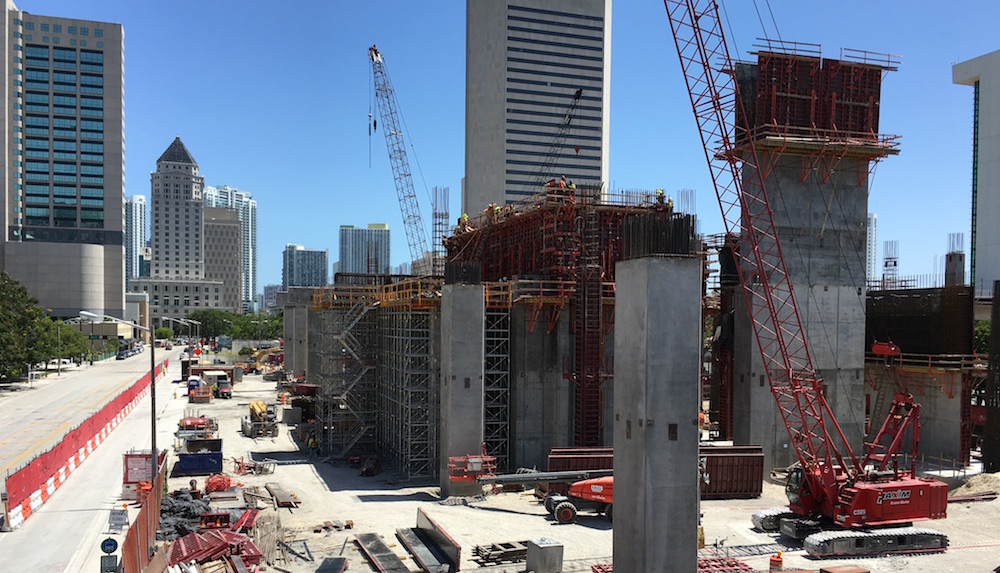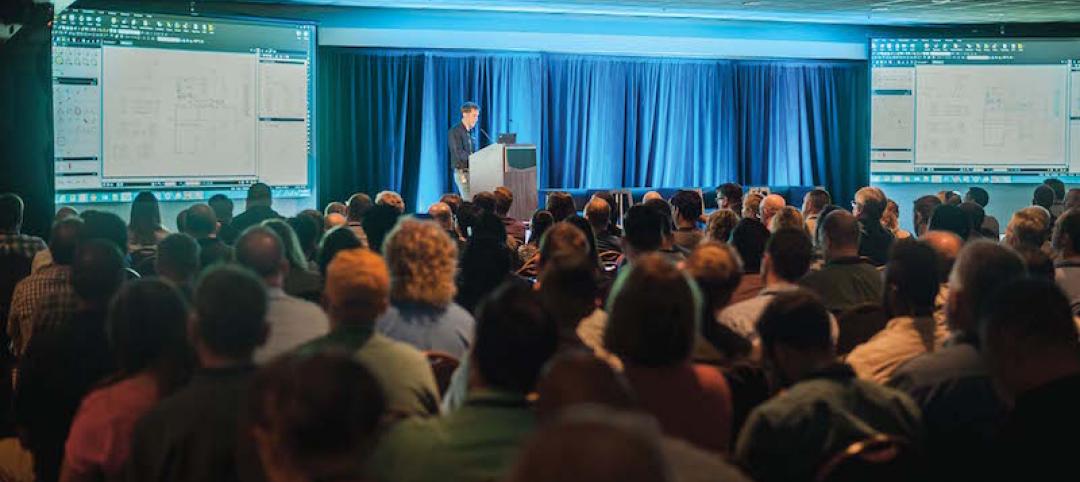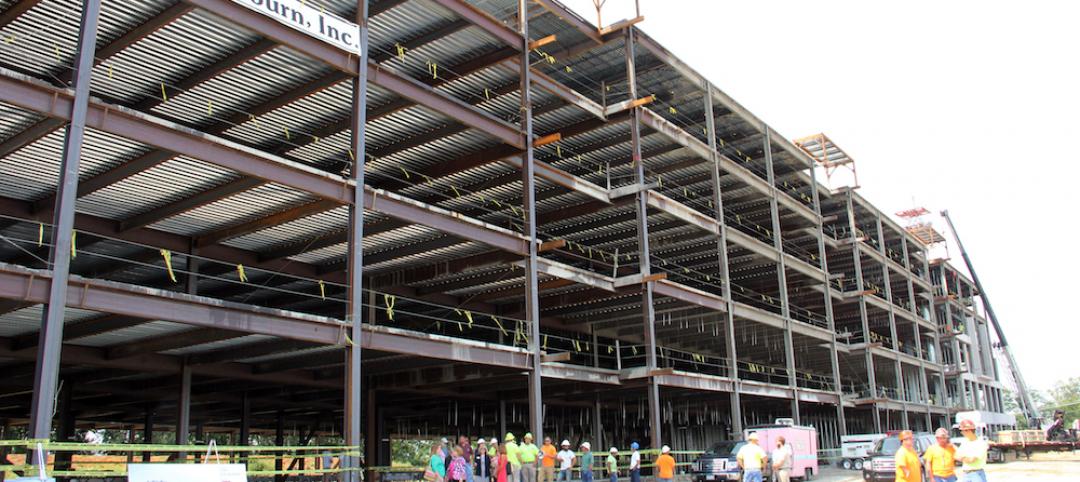Design-assist is not without potential drawbacks. Here are some common concerns—and how your Building Team can reassure clients that DA is worth considering.
OWNER CONCERN: Lack of familiarity with design-assist. DA is a relatively new delivery model. Architects and CMs may have a tendency to revert back to traditional roles.
PLAN OF ACTION: Although the DA process produces a more efficient, collaborative design process, care must be taken to ensure that the collaborative process continues throughout construction. During construction, there are inevitable owner concerns. That’s why it’s important to have established a process to address these changes. The collaborative process can be used to resolve challenges in a quick, cost-effective manner.
OWNER CONCERN: Subcontract administration. The subcontractor might not perform as expected or fall out of line with the budget.
PLAN OF ACTION: It is important to administer a preconstruction contract with the DA subcontractor, which allows the owner to terminate the agreement at any time prior to construction. This acts as a safeguard when a subcontractor’s pricing is not in line with the budget, and there is no reasonable way to get to the budget; in such a case, the owner would have reasonable cause to terminate the subcontractor’s contract. In this situation the trade package would need to be bid, which could push back the schedule depending on the selection process.
OWNER CONCERN: Obtaining competitive pricing. Some owners believe early involvement with subcontractors and the construction manager in the project precludes them from receiving competitive bids.
PLAN OF ACTION: Because the construction team is hired early in the design phase, the Building Team can obtain benchmark prices during the programming phase, making competitive pricing feasible. The Building Team can also obtain nonbinding preliminary price proposals during the DA selection process based on initial plans, such as schematic drawings; binding final prices can be submitted upon completion of the plans.
OWNER CONCERN: Added costs of the DA process. Design-assist may add time and cost to the design phase of the project due to additional collaboration with subcontractors and added time to procure services.
PLAN OF ACTION: The reductions achieved in construction cost and schedule should offset additional costs during the design phases, making design-assist advantageous overall.
OWNER CONCERN: Design liability. Greater collaboration among the architect, engineer, subcontractors, and construction manager might raise questions about who has responsibilities and design liability throughout the process.
PLAN OF ACTION: The project team should clearly set obligations and liabilities of the team members with respect to plans, specifications, and the building information model (if applicable) to overcome this concern. You should also develop a design-assist execution plan to identify roles, responsibilities, and deliverables for all team members.
Related Stories
Building Team | Sep 6, 2016
Letting your resource take center stage: A guide to thoughtful site selection for interpretive centers
Thoughtful site selection is never about one factor, but rather a confluence of several components that ultimately present trade-offs for the owner.
Great Solutions | Aug 23, 2016
11 great solutions for the commercial construction market
A roll-up emergency department, next-gen telemedicine center, and biophilic cooling pods are among the AEC industry’s clever ideas and novel innovations for 2016.
Building Team | Aug 4, 2016
Thought leaders from architecture, engineering and construction to meet at 2016 Bluebeam eXtreme Conference
Bluebeam users inspire technological change through shared insights and training at three-day event.
Building Team | Jul 11, 2016
Design-assist: The way to really fly [AIA course]
Experts explain the benefits of DA, a process where the subcontractors are retained to assist other Building Team members in the development of a design. Earn 1.0 AIA CES learning units by reading and taking the exam.
Sponsored | Building Team | Jul 11, 2016
Construction Disruption at AECX: Technology, hackathons and the promise of change in LA
The lead up to AECX featured a discussion providing insight into the current state of the AEC technological revolution by exploring opportunities, challenges and choices AEC pros face.
Codes and Standards | Jun 17, 2016
Feds publish framework for evaluating public-private partnerships
No single factor determines whether a project yields stronger benefit as a P3.
Movers+Shapers | Jun 14, 2016
VERTICAL INTEGRATOR: How Brooklyn’s Alloy LLC evolved from an architecture firm into a full-fledged development company
Led by an ambitious President and a CEO with deep pockets, Alloy LLC's six entities control the entire development process: real estate development, design, construction, brokerage, property management, and community development.
Office Buildings | Jun 14, 2016
Let's not forget introverts when it comes to workplace design
Recent design trends favor extroverts who enjoy collaboration. HDR's Lynn Mignola says that designers need to accommodate introverts, people who recharge with solitude, as well.
Building Team | Jun 13, 2016
BD+C launches Women in Design+Construction Conference
Inaugural 2.5-day event will convene 125+ leading AEC women in Dana Point, Calif., November 9-11, for professional development, networking, and career training.

















